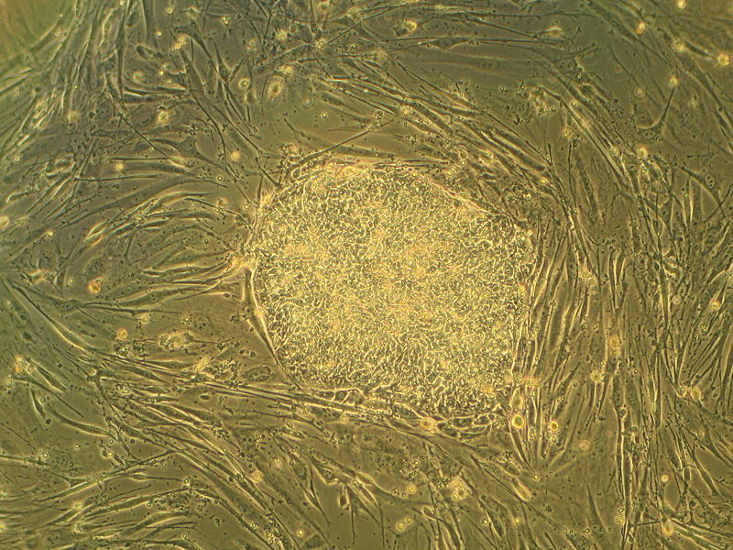Essential Trait of Embryonic Stem Cells Found

In a groundbreaking new investigation that could have significant implications for the field of bioengineering, researchers at the University of Edinburgh managed to gain new insight into how embryonic stem cells are defined, and into how they work. The new data could be of vital importance for bioengineers in their quest to produce artificial organs from stem cells. Understanding the behavior of these cells, and also the reasons underlying those behaviors, could advance this field at a fast pace.
The work reveals that embryonic stem cells (ESC) are made up of cells that continuously shift states between precursors of any other cell type in the human body. The investigators believe that this is one of the most important traits for these cells, as this must be the thing that allows them to eventually differentiate into any type of cell in the body. Though this constant shifting has yet to be understood thoroughly, the UK scientists say that they will continue to investigate this behavior further. The end goal of such investigations is to identify the exact time at which ESC exist in a certain form so that experts can isolate them.
If bioengineers want to create an artificial liver, for example, they need liver tissue. Over-simplifying things, they basically need to know when the ESC shift into a state that makes the viable precursors for liver cells. Once they know this, they can either create artificial cells with the same properties, or harvest the needed organic material from lab-grown stem cell cultures. A major implication of the new study is that ESC are not a single type of cell, but rather a collection of such structures, that constantly shift form. Details of the work appear in the latest issue of the open-access scientific journal PLoS Biology. The investigation was funded by the Medical Research Council and the Scottish Funding Council.
“This study changes our view of what embryonic stem cells are and how they behave. Knowing that embryonic stem cells can switch between different founder cell types could help us isolate cells at a point in time when they are primed to become specific cells. This could improve the ability to produce specific cells in the laboratory,” explains University of Edinburgh Medical Research Council Center for Regenerative Medicine expert Dr Josh Brickman.
Share









